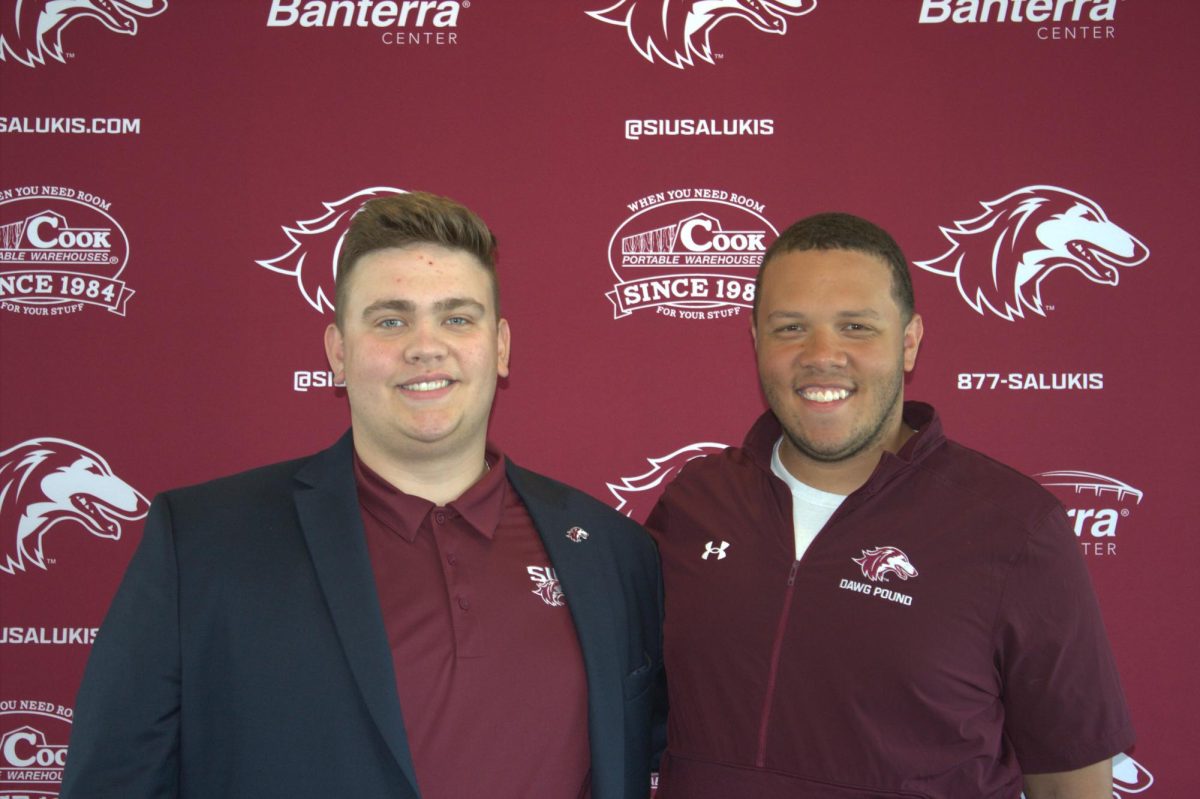Declaration – a major student expense
October 3, 2012
“When I was 14, I decided I wanted to be an astronaut. To achieve this, in high school I took physics classes that gave me college credit.
In college, I majored as an aerospace engineer while working an internship for NASA during the summers.
After graduating with a 3.8 GPA, I received a full-time job at NASA and five years later, at age 27, I finally reached my goal of becoming an astronaut and going into outer space.”
Advertisement
This is the true-life story of… well, no one.
How often does someone make up their mind about a lifelong career when they are in high school and follow through into their full college career?
How often does an incoming freshman decide upon their major that will ultimately determine their profession for the rest of their life?
According to a study by Penn State, “up to 50 percent of college students change their majors at least once before graduation.”
This adds up to additional classes that not only cost money but presumably do not lead to an applicable benefit upon graduation.
When audibly voiced, these issues seem ridiculous. However, this is what universities encourage, and at times, require when students are to decide upon a major prior to their first full year of college.
The level at which students develop throughout their freshman year of college is equivalent to the development of a child from age 4 to age 8.
Advertisement*
No one would hold a child to his or her answer of “What do you want to be when you grow up?” The world would be full of presidents and princesses.
Students often waste precious time and money throughout their college career by taking classes for a major that they will end up changing four times within the next three semesters.
The answer is not that students should choose a major and stick with it, but that they should delay choosing a major until they have completed one full year of college.
Nearly all schools require that students complete a set of core classes that exceed 30 hours, or a full year. This allows students to make progress toward any degree and removes the opportunity for them to take classes that will count for nothing in the future.
The students would be required to complete the 30 hours during the first year and then the remaining core classes would be chosen as electives throughout the remaining three years.
This allows for the additional benefit of a smoother transition for transfer students, especially from community colleges, because it would be a standard of required core classes.
More undergraduate advising programs should aim to assist students with major and career choices.
With students requiring one year without a choice of major, these programs will have more time to connect with every student, rather than the small number who enter undecided.
Many universities already have similar programs to assist undecided students.
The University of Illinois’ Division of General Studies “is the preeminent resource at Illinois for those students who are undeclared, exploring or in transitional stages of major declaration.”
Leadership should assist students and provide them with more time to make decisions that would improve overall undergraduate academic excellence.
Students who make a decision on their major later in their schooling will save stress, time and money.
Our universities must take these measures to improve the quality of their students’ education in these trying economic times.
KYLE ST. NICHOLAS
graduate student in educational administration from Houston
Advertisement









